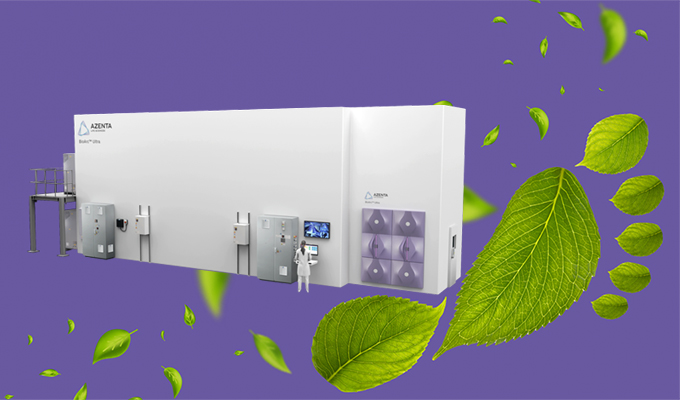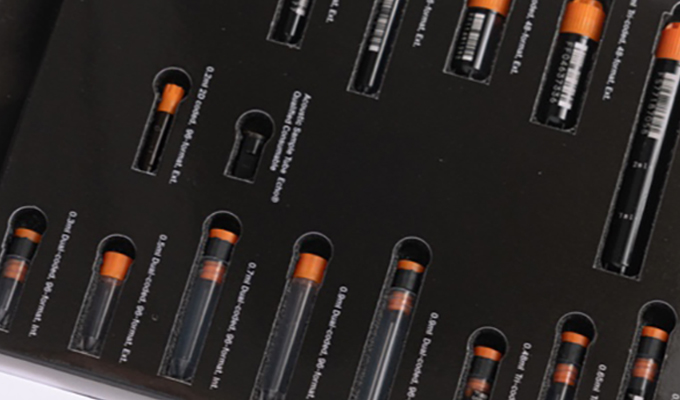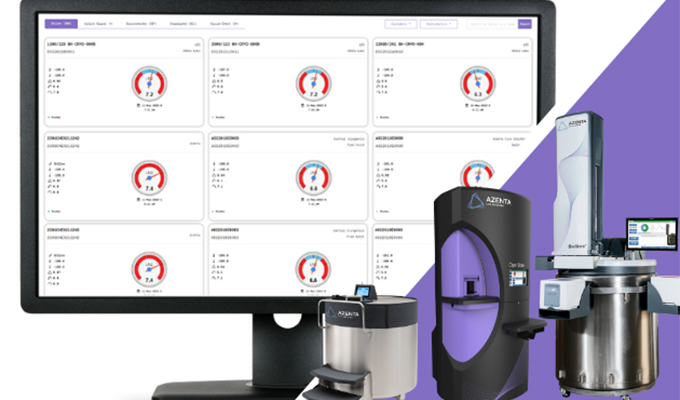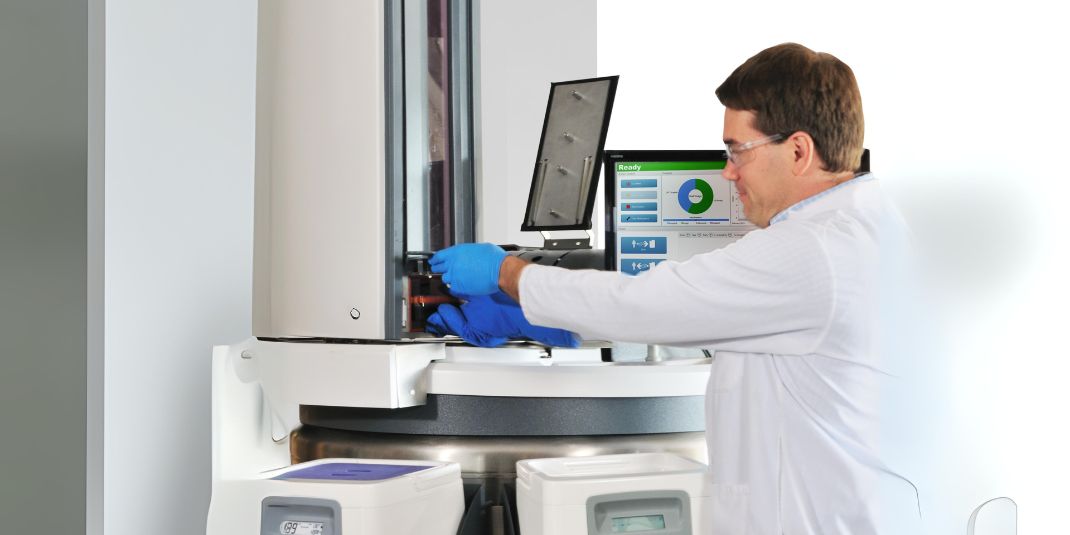Good Manufacturing Practice (GMP) encompasses a set of regulations and quality standards designed to guarantee the safety of life sciences products and uphold process consistency at each stage of manufacturing, control, storage, and distribution. For life sciences firms, adhering to GMPs is a legal obligation. GMPs help reduce common errors such as drug contamination, incorrect labeling, and inconsistent dosages, which could lead to overdose or ineffective treatments.
Ensuring your production process is highly controlled also means ensuring your equipment stays in compliance. Meeting these standards may seem burdensome and demanding, but taking advantage of services to help validate your equipment saves you steps and can reduce worry down the line.
The bedrock of GMP success lies in precision and reliability. To ascertain that equipment, systems, and processes meet stringent quality benchmarks, the industry typically employs a trio of procedures:
- Installation Qualification (IQ)
- Operational Qualification (OQ)
- Performance Qualification (PQ)
“In life sciences, precision and reliability underpin GMP success,” said Jeff Wall, Global Services Leader at Azenta Life Sciences. “IQ, OQ, and PQ procedures guarantee stringent quality standards across equipment and processes.”
Regulatory Compliance and Risk Mitigation
By adhering to IQ/OQ/PQ protocols, companies not only meet industry standards but also safeguard themselves from regulatory penalties and legal issues. These documented validations provide tangible evidence of compliance, demonstrating a commitment to quality that regulatory agencies value.
In the United States, these standards are enforced by the U.S. Food and Drug Administration (FDA) to ensure the quality of ingredients, manufacturing processes, and distribution. Standards outside of the United States are outlined by the World Health Organization (WHO) and the Pharmaceutical Inspection Cooperation Scheme (PIC/S).
Cost-Efficiency and ROI
While IQ/OQ/PQ services require an initial investment, they pay substantial dividends in the long run. Thoroughly validated equipment reduces the likelihood of costly errors, rework, and product failures. This leads to increased operational efficiency, minimized downtime, and a positive impact on the bottom line.
“Investing in IQ/OQ/PQ services is not just an expenditure; it’s a strategic investment in the future success of your operations,” remarked Wall. While these services may entail an initial cost, the long-term dividends they yield are immeasurable.
IQ: Laying the Foundation for Success
- What is IQ?
Installation Qualification (IQ) is the first step in the validation process. It verifies that equipment, systems, and utilities are correctly installed, aligned, and configured according to manufacturer specifications and industry best practices. - Why do we do it?
Just as a sturdy foundation is vital for a building, IQ ensures that equipment is properly situated for optimal performance. Without this step, inconsistencies and malfunctions may arise, compromising product quality and regulatory compliance.
OQ: Functional Testing for Reliability
- What is OQ?
Operational Qualification (OQ) is the second stage, where the equipment is put to the test under operational conditions. This involves evaluating critical parameters to ensure that the equipment functions within predefined limits. - Why do we do it?
OQ serves as a simulated functional test for the equipment. It helps identify any potential weaknesses or deviations in performance. By thoroughly testing the equipment, we can catch and rectify any issues before they impact product quality or regulatory compliance.
PQ: Demonstrating Consistent Excellence
- What is PQ?
Performance Qualification (PQ) is the final phase in the validation process. It focuses on demonstrating that the equipment consistently produces results that meet predetermined specifications and requirements. - Why do we do it?
PQ is the ultimate assurance of performance. It mirrors real-world production scenarios, ensuring that the equipment can consistently deliver the desired outcomes. This step is crucial for maintaining product integrity, compliance, and customer trust.
A Foundation for Excellence
In GMP environments, success hinges on precision, reliability, and compliance. IQ/OQ/PQ services are the groundwork upon which this success is built. By understanding and implementing these essential procedures, you can ensure your operations not only meet regulatory standards but also consistently deliver high-quality products.






